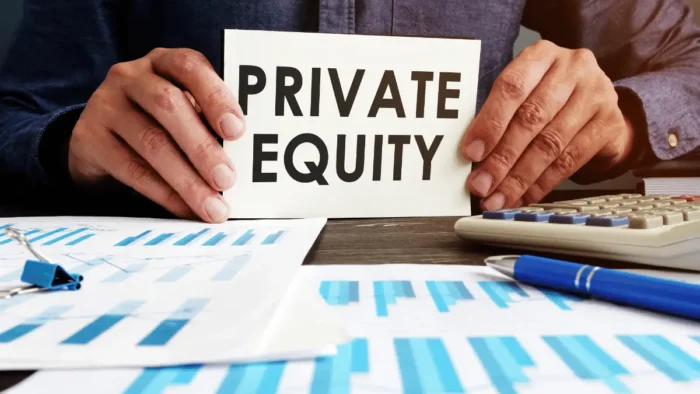Starting a business is exciting, daunting, and wonderful all at the same time. Many people dream of becoming an entrepreneur and being their own boss. If you’ve got a great business idea and want to get started, you may be worried about raising funds to get your idea off the ground.
It’s probably a stumbling block for many who just don’t know how to get the money required to start their own company. If this sounds like you, please read on to find out more about the different ways you can raise funds to get your startup going, as we are going to cover all the key ways for you below.
Business Credit Cards
Credit cards can be an excellent source of funding to get a small business off the ground. Many companies now offer specific credit cards for business startups which can range in credit limit from $1-25,000. Many also offer an initial interest-free term, so it’s effectively a free initial investment as long as you pay back the money within the interest-free period. This is a great solution if you are confident that you can achieve this. Remember, if you do not pay back the funds within the initial interest-free period then you will be charged interest.
Small Business Loans
Small business loans are the traditional way to get small businesses off the ground. Of course, these will have a fixed rate of interest and you should then factor this into your monthly outgoings for the duration of the loan term. Small business loans can be secured against your business as collateral, or against other things you own. But, some come without this collateral and therefore have a higher rate of interest. Shop around the market and look for good fixed-term or long-term low-interest deals. The less interest you have to pay, the more profit your business can make. If you have the opportunity to overpay your loan or repay in full early, you should. This can save you a huge amount in interest payments.
Crowdfunding
A more modern and newer way of raising capital is crowdfunding. Crowdfunding means asking the public to invest in your idea before it is even launched to help get you started. When crowdfunding, you will offer rewards to your investors. For example, a $10 investment would get them the first products you sell. Effectively, they are paying for the product before it exists, this way you can raise the capital without having to have any initial outlay. This works really well for new product startups, but obviously doesn’t really suit other companies quite as well. Remember, if you accept crowdfunding investment you must commit to seeing the project through or return everyone’s money.
Investors
Before crowdfunding, there have always been business investors. People who make their money investing in other businesses. These people will typically offer you the money you require and ask for shares in the business in return. There are various terms and conditions you can write into an investor’s deal, such as buyback clauses and equity stake reduction clauses. For example, you could say to an investor that after 12 months you will return their initial investment and therefore drop down the percentage of the company that they own. Investors, if they are honest and good business people, are a solid way to raise capital. They may come with a wealth of connections and business advice to help you get your company growing fast.

Business Overdrafts
If you open a business account, you may be able to include an overdraft facility on the account. As you probably know, an overdraft means you can continue spending below the zero balance of your account. It is effectively the same as getting a super quick business loan. Many new business accounts aimed at startups come with overdrafts of varying value. There is more risk to an overdraft, though. Most banks are allowed to demand full repayment of an overdraft at any time, which could leave you extremely short, or broke! Also, many overdrafts have extra fees on top of interest. In effect, it’s a flexible loan, but with a much higher risk.
So, these are the most common and thought out ways to raise some capital to get your business startup moving. Consider each option carefully and decide what is for you. Though all come with some level of risk and fees, there will almost certainly be one that suits your startup the best. We recommend you compare offers from each of these categories before you settle, and wish you all the luck in the world starting your business.



